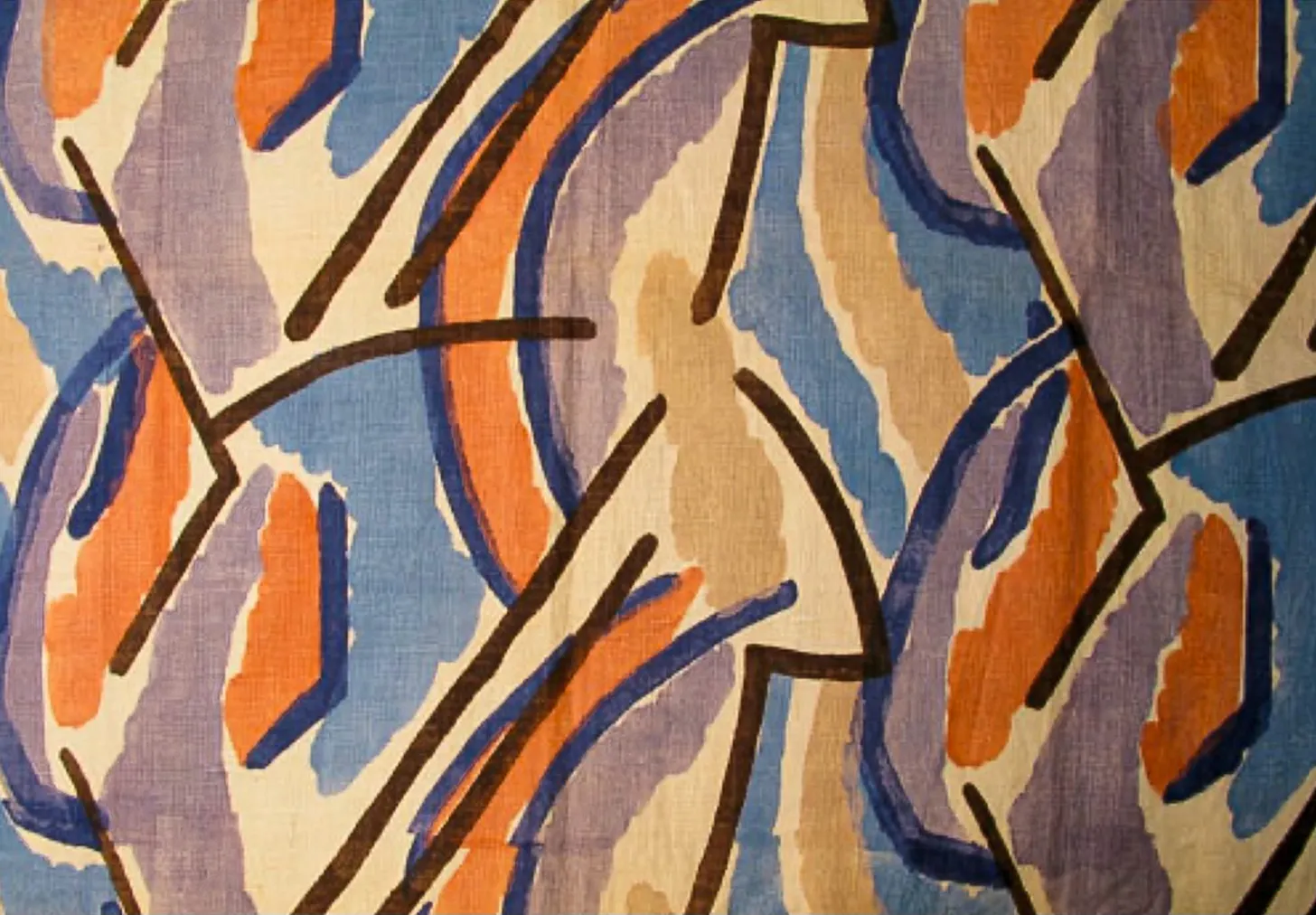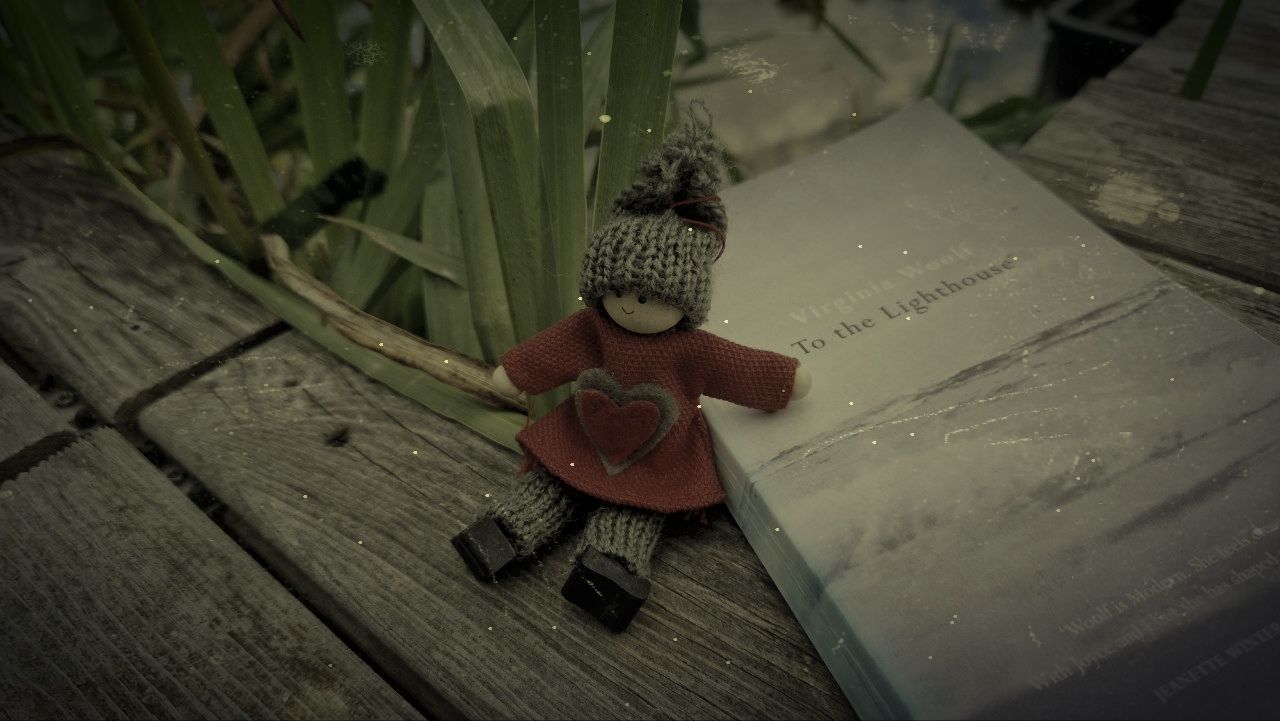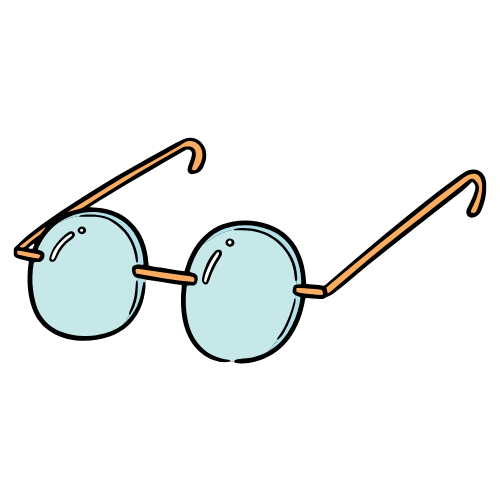I could probably read Virginia Woolf’s To the Lighthouse every year and every year discover something new. I have been doing exactly that for 4 years now and it is only this year that I can say that reading the book feels comforting, like hugging a dear friend whom you know but who can still surprise you with baffling remarks. I turn the pages and come over passages which I know by heart (“never did anybody look so sad”), passages which have been puzzling me and to which now I found the key (“he shivered; he quivered”), passages which are so beautiful I want to cry (“now all the candles were lit”). And of course, passages which until now were for me just part of the tapestry and to which I hadn’t really given much thought. Those which deal with James, Cam and their parents.
james and cam in the present of to the lighthouse
James and Cam are the youngest of the eight children of the Ramsays. They are about six years old as the novel begins and, as time passes, they change their disposition and attitude towards their parents. James turns from a furious child into a young teenager who seeks the approval of his father, while Cam, a whirl of pure energy transforms, into an Edwardian young lady who maybe her mother wanted to be.
As young children, James and Cam are almost indistinguishable from a splash of pure emotion. James is torn between his two parents – the mother whom he adores and the father whom he wants to destroy, and it is only by these emotions that his figure is painted.
James Ramsay, sitting on the floor cutting out pictures from the illustrated catalogue of the Army and Navy Stores, endowed the picture of a refrigerator as his mother spoke with heavenly bliss… Had there been an axe handy, a poker, or any weapon that would have gashed a hole in his father’s breast and killed him, there and then, James would have seized it.
Cam, on the other hand, seems to live outside of her family relations. As Mrs. Ramsay sees her, she is a “bird, bullet or arrow impelled by what desire”. As a young child, she is affected neither by her mother’s care, nor by her father’s affections. She just is.
She was off like a bird, bullet or arrow, impelled by what desire, shot by whom, at what directed, who could say? What, what? Mrs Ramsay pondered watching her. It might be a vision – or it might be the glory of speed; no one knew.
What is really striking about how James and Cam live their early childhood is the sense of continuous present they live in. Their perceptions are marked by how direct and immediate their emotions are. James views his parents in stark contrasts, while Cam pendulates between rebellion and compliance, still trying to be aware of the dynamics of her family. It is only later, with the journey to the lighthouse, that James and Cam begin to sense the broadness of time, aware of their past.
Books always leave more to uncover. Subscribe to get more reflections and interpretations delivered by email.
the view back into the past
To the Lighthouse is at its core a nostalgic book, deeply rooted in reflections on the past and the changes time brings on. The changes are of an inhuman and destructive nature, but also of a very personal nature. James and Cam, small children in the first part of the book, return to the house on the Isle of Skye 10 years later, after war has ravaged society, and their mother, Mrs. Ramsay, has died. Their father takes them on the long-promised trip to the lighthouse, yet the trip takes place under very different circumstances.
Mrs Ramsay had been worried that young James would remember the moment when Mr Ramsay had denied the trip to the lighthouse to his son. The moment is indeed mirrored in the consciousness of teenager James. By the time the trip to the lighthouse takes place, James has developed a more nuanced understanding of his father. Deep resentments are still there in the relationship between the two, but the moment Mr Ramsay acknowledges his son’s efforts with a “well done” James feels that all his pain from childhood had been erased.
Cam is less dependent on the approval of her parents. Her memories of childhood take her back to a room full of books and old friends of her father’s and her father’s kindness towards her. She exhibits a stronger sense of self than James does, but she also feels crushed by the intellectual atmosphere she finds herself in as a child. She has more empathy for her father than James does, because she sees her father as the human being he is – old and beaten by life, murmuring verses under his breath in an attempt to understand his own situation. As a reader you get the feeling that Cam has forgiven any misgivings, while James was just happy to get the long-awaited recognition.
They watched him, both of them, sitting bareheaded with his parcel on his knee staring and staring at the frail blue shape which seemed like the vapour of something that had burnt itself away. What do you want? They both wanted ask. They both wanted to say, ask us anything and we will give it to you. But he did not ask them anything.
I think Virginia Woolf’s To the Lighthouse is one of those books which unfolds its beauty with time. The more time passes, and the more distance builds up between me and my childhood or between me and the past, the more I seem to understand the pitfalls of time. The book will be a wonderful companion to have on the way.
I wrote this post in preparation for the Literature Cambridge 2024 Virginia Woolf summer school. The series of lectures and seminars were focused on childhood as it appears in five of Woolf’s works.







your thoughts?